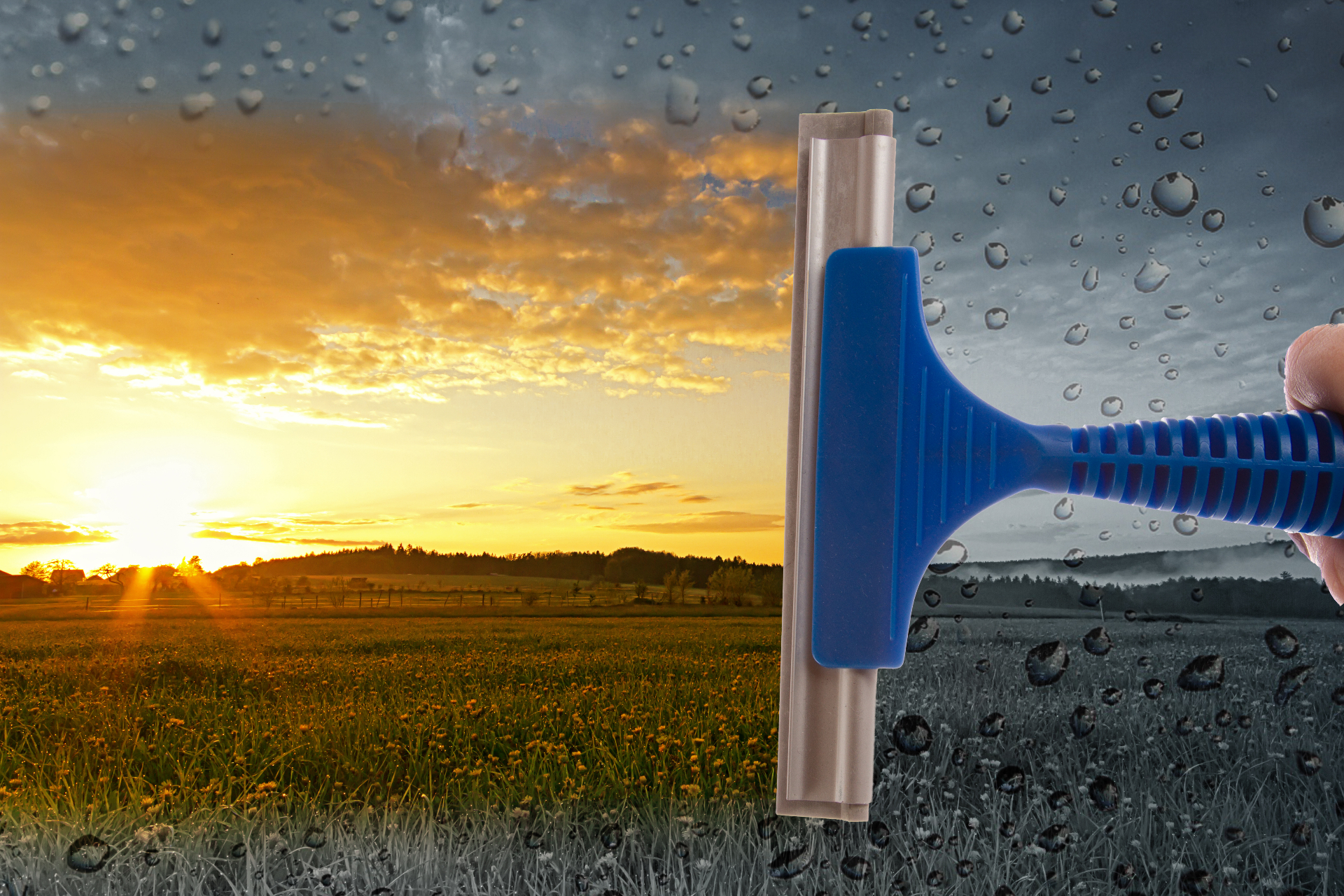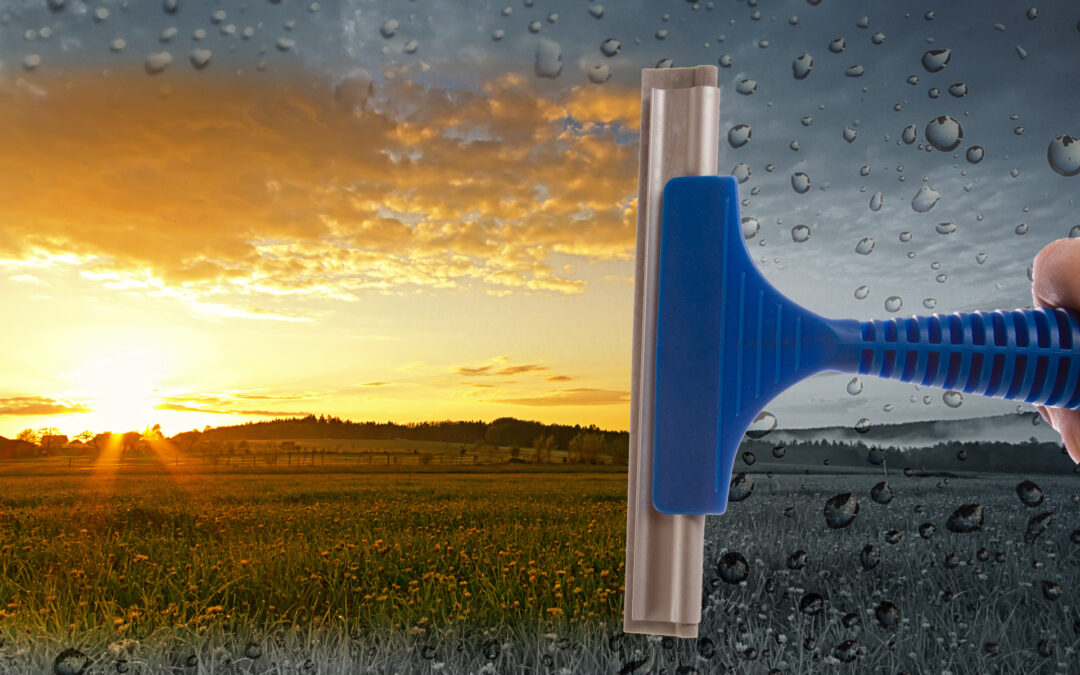 “Perspective is what enables each of us to transform the sum of our days into an epic journey. And it’s what improves our chances of together making the twenty-first century humanity’s best.” says Ian Goldin, ex-professor of global development at Oxford University, and what he says we “lack, and so urgently need, is perspective.”
“Perspective is what enables each of us to transform the sum of our days into an epic journey. And it’s what improves our chances of together making the twenty-first century humanity’s best.” says Ian Goldin, ex-professor of global development at Oxford University, and what he says we “lack, and so urgently need, is perspective.”
Lesley Stahl was born on 16th December 1941, at a time when Europe shuddered under the might of the Nazi jackboot. She became a celebrated journalist whose prominence grew after covering the Watergate affair. While recently interviewing Donald Trump and Mike Pence on 60-minutes, a newsmagazine television programme, Stahl said: “I don’t remember the last time we’ve seen a world in this much chaos.” Naturally the interviewees nodded and concurred, her view reinforcing theirs. But put this into perspective: Stahl has lived through a world war, a cold war, the collapse of communism, 9/11, the Great Recession and let us not forget that crazy media moment of the OJ Simpson car chase.
The world is crazy. But is now really the most chaotic time?
Management consultants, politicians and the ilk will have us believing it is, for this is how they wield and manipulate power. We live in a VUCA world they wax lyrically, but the world has always been Volatile, Uncertain, Complex and Ambiguous. VUCA is not new, nor should it be news.
As Ta-Nehisi Coates, a journalist for The Atlantic, puts it: “The violence is not new; it’s the cameras that are.”
Social media amplifies in real time, and live on our screens, every heinous act – and populism rises and strengthens on the back of doom-and-gloom. We all feel anxious about our world. What is going on, we ask? Something must have gone wrong, who is to blame? The Asians, the Mexicans, the Elites, the Immigrants, the Obamas, the EU; it has to be Globalisation.
It was Leonardo da Vinci who said: “Perspective is the guide and the gateway, and without it nothing can be done well.” If our perception is wrong and things are not that crazy, then according to da Vinci we are going to get lots of things wrong at a time when getting it right would elevate humankind to new remarkable levels. Twenty years from now things could be so much better, but equally they could be a lot worse. So let us challenge our prevailing perspective. Sure, a lot of horrible stuff is going on, but Mrs Stahl and all the negative VUCAists, maybe, just maybe things are not really that bad.
Our world feels on the edge, not because it is VUCA, – the world has always been Volatile, Uncertain, Complex and Ambiguous – but because so much is at stake. We have so much to gain and equally so much to lose. This fear grips us and, like a deer in headlights, we freeze when we should act. Where we should extend ourselves with more generosity, we turn inwards and retreat towards protectionism, becoming more nativist and afraid. When we should be inspired by hope and possibility, we allow concern to tether us. In an age when society desperately needs people to courageously venture into the unknown, we prevaricate.
By looking backwards however, we can recognise how fortunate we are to live today. We can gain the perspective and humility needed to understand the complexities of our future challenges, and navigate them with the hope and conviction required to endure the epic journeys that the 21st century will require.
Throughout civilisation humans have taken war for granted, in ancient societies war caused about 15% of deaths. In 2015, 28,328 people died from terrorist-related activities, mainly in developing nations. To put this into perspective, last year 500,000 people died as a result of violent crime alone, and 1.5 million died from diabetes – sugar is now more perilous than gunpowder. For the average person, Coca-Cola and Pepsi pose a far greater threat than ISIS – 3 million died as a result of obesity and 1.25 million died in automobile accidents.
Migrants and IS formed the mainstay of Brexit and Trump-populist campaigns. Yet statistics clearly indicate that we are fighting the wrong battles, and taking precious resources away from where the most remarkable work could be done. If we stopped global military spending for just one week, we could provide all the world’s youth with high quality education for 12 years, for free.
The most important perspective we can gain is to identify that turning inwards, seeking protection, alienating others who are different from us will do the exact opposite of what is required to make this a remarkable century. We need to boldly embrace the uncomfortableness of this age, because this is where the creativity and intuition will be stirred, awakening humankind’s spirited desire to innovate and make better what is wrong.
Our ability to dream big dreams is by far humankind’s most powerful attribute. Each organisation, each leader, each one of us needs to nurture, support and set our dreams free.


